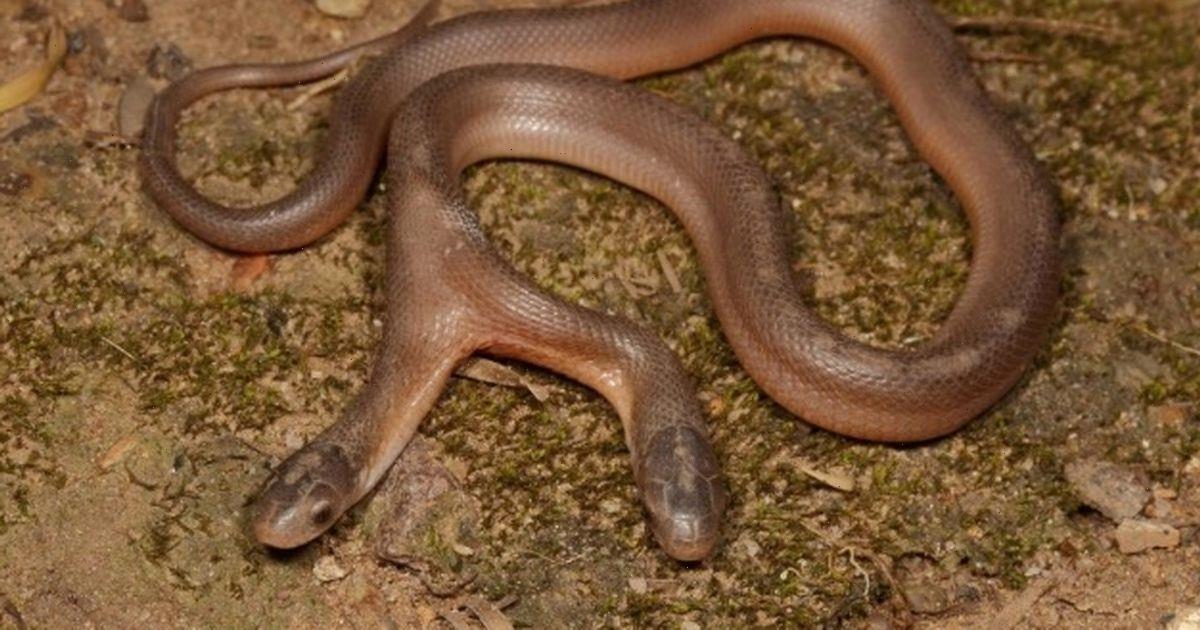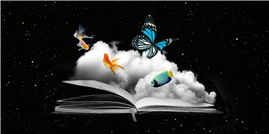By Luc Cohen
NEW YORK (Reuters) – A U.S. congressional committee probing the Jan. 6, 2021, assault on the U.S. Capitol has sought to build a case that then-President Donald Trump behaved illegally when he sought to overturn his 2020 electoral defeat, but what charges might prosecutors bring against Trump and how might he defend himself?
Here are some ideas being floated now:
OBSTRUCTING AN OFFICIAL PROCEEDING
In a March 2 court filing, the committee detailed Trump's efforts to persuade then-Vice President Mike Pence to either reject slates of electors for Joe Biden, who won the election, or delay a congressional count of those votes..
The president's efforts likely violated a federal law making it illegal to "corruptly" obstruct any official proceeding, or attempt to do so, said Andrew Carter, the California federal judge overseeing the case.
Cassidy Hutchinson, an aide to then-White House Chief of Staff Mark Meadows, said Trump dismissed concerns that some supporters gathered for his fiery speech outside the White House that day carried AR-15-style rifles, instead asking security to stop screening attendees with magnetometers so the crowd would look larger.
She testified Trump demanded to be taken to the Capitol to join supporters rioting ahead of Pence's expected certification of the vote and tried to grab the steering wheel when his security detail insisted on returning him to the White House.
Hutchinson said the conversation was relayed to her by Tony Ornato, a senior Secret Service official who was Trump's deputy chief of staff for operations.
Ilya Somin, professor of law at George Mason University, said the testimony could "bolster the chances of indicting and convicting Trump, especially insofar as some potential charges hinge on his motives and state of mind."
Trump denied Hutchinson's account in a statement posted on Truth Social, his social media app, and called her story about him grabbing the steering wheel "fake" and "fraudulent." Trump has accused the committee of conducting a "sham investigation."
The New York Times and NBC, citing sources in the Secret Service, said the head of Trump's security detail, Robert Engel, and the limousine driver were prepared to testify under oath that Trump never lunged for the steering wheel.
CONSPIRACY TO DEFRAUD THE UNITED STATES
In the March 2 filing, the committee said it was likely that Trump and others conspired to defraud the United States, which criminalizes any effort by two or more people to interfere with governmental functions "by deceit, craft or trickery."
In addition to Trump's efforts to pressure Pence, the committee cited his attempts to convince state election officials, the public and members of Congress that the 2020 election was stolen, even though several of his allies told him there was no evidence of fraud.
According to video testimony shown on Tuesday by the committee from Kayleigh McEnany, Trump's White House press secretary at the time, Trump was so enraged by then-Attorney General Bill Barr's interview with the Associated Press saying there was no evidence of election fraud that Trump threw his lunch at the wall, breaking a porcelain dish and leaving ketchup dripping down the wall.
SEDITIOUS CONSPIRACY?
Prosecutors already have charged more than a dozen members of the far-right Proud Boys and Oath Keepers groups who were at the Jan. 6 riot with seditious conspiracy, a rarely used statute that makes it illegal to overthrow the U.S. government by force.
To prove seditious conspiracy, prosecutors would need to show Trump conspired with others to use force, said Barbara McQuade, a law professor at the University of Michigan and a former federal prosecutor.
"While her testimony is consistent with that theory, it does not alone establish it," McQuade said.
OBSTRUCTION OF JUSTICE
At the end of Hutchinson's testimony, Representative Liz Cheney, a Republican, presented possible evidence of witness tampering and obstruction of justice.
Cheney showed messages to unidentified witnesses advising them that an unidentified person would be watching their testimony closely and expecting loyalty.
If the committee has evidence that the people who sent the messages had a "tacit understanding" with Trump, prosecutors could use it to show there was a conspiracy to tamper with witnesses, said Daniel Medwed, a law professor at Northeastern University in Boston.
"They were setting the table for witness tampering and likely have other witnesses coming in to nail that down," he said.
The fact that Cheney did not identify the sender of the messages suggests it may be "more of a shot across the bow to get the person to knock it off," McQuade said.
TRUMP'S DEFENSE?
Trump has repeatedly denied doing anything illegal in connection with the Jan. 6 events.
If the Justice Department brings charges, prosecutors' main challenge will be proving that Trump acted with corrupt intent, experts said.
Trump could argue he sincerely believed that he won the election and that his well-documented efforts to pressure Pence and state election officials were not meant to obstruct Congress or defraud the United States, but to protect the election's integrity.
Hutchinson's account could make it more difficult for Trump to assert this defense, Medwed said.
"Prior to (Tuesday's) disclosures, the biggest hurdle to charging Trump related to mental state: to proving that he intended to obstruct an official proceeding or to agree with others to defraud the U.S. or foment rebellion," Medwed said.
"(Tuesday's) testimony offered powerful circumstantial evidence that it was his intent to do those things."
DOES THIS MEAN TRUMP WILL BE CRIMINALLY CHARGED?
No. Neither Carter nor the committee can charge Trump with federal crimes. That decision must be made by the Justice Department, led by Attorney General Merrick Garland.
The department is conducting its own sprawling investigation of the Jan. 6 events, but has not signaled whether it intends to indict Trump, a decision that could have enormous political consequences as Trump weighs another run for the presidency in 2024. The department did not respond to a request for comment.
(Reporting by Luc Cohen in New York; Editing by Noeleen Walder and Howard Goller)
Source: Read Full Article

